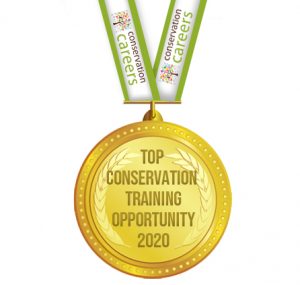
Information
£3,835 per year

The course aims to give students the skills required for successful protected area and nature management. In order to do so it provides a broad training both in social and natural sciences. The course is organized as a full-time, one-year program (60 ECTS) divided into two terms and a field trip, from February to June and from September to December. Classes are held in Madrid, and are provided in Spanish. Its faculty combine university professors and researchers together with managers, consultants, and experts.
Course content
The course runs for two terms. The coursework is taught interactively through lectures, seminars, workshops and discussions.
First term (January to June)
PART I: Presentation and conceptual basis
State of the art
Ecosystem management
Sustainable development and ecosystem services
PART II: Tools for management
Legislation, planning and management
Governance and socio-ecosystems in a changing world
Public use (visitors and tourism)
Field trip: Field trip (*Part III)
Second term (September to December)
PART II: Tools for management (cont.)
Participation and communication
Management capacities: monitoring, evaluation, team and personal skills, information systems
PART III: Case studies and integration
Protected Areas in Latin America, Europe and the Mediterranean
Integration. Challenges and opportunities
Internships and final Master Thesis
Student internships are offered in protected areas, public administrations, NGOs, and consulting firms. Students should complete a final Master Thesis. The thesis is designed to give practical experience of desk-based or field research and provide the opportunity to learn a wide range of skills that build upon those taught earlier in the course. The project will be supervised by a member of the Master’s faculty.
Graduates are ideally placed to work for protected areas, large international or small local NGOs and environmental consulting firms.
Further information (in Spanish) can be found here: https://fungobe.org/master-espacios-naturales-protegidos.



